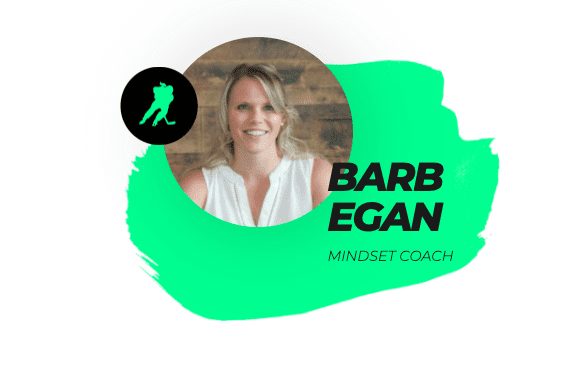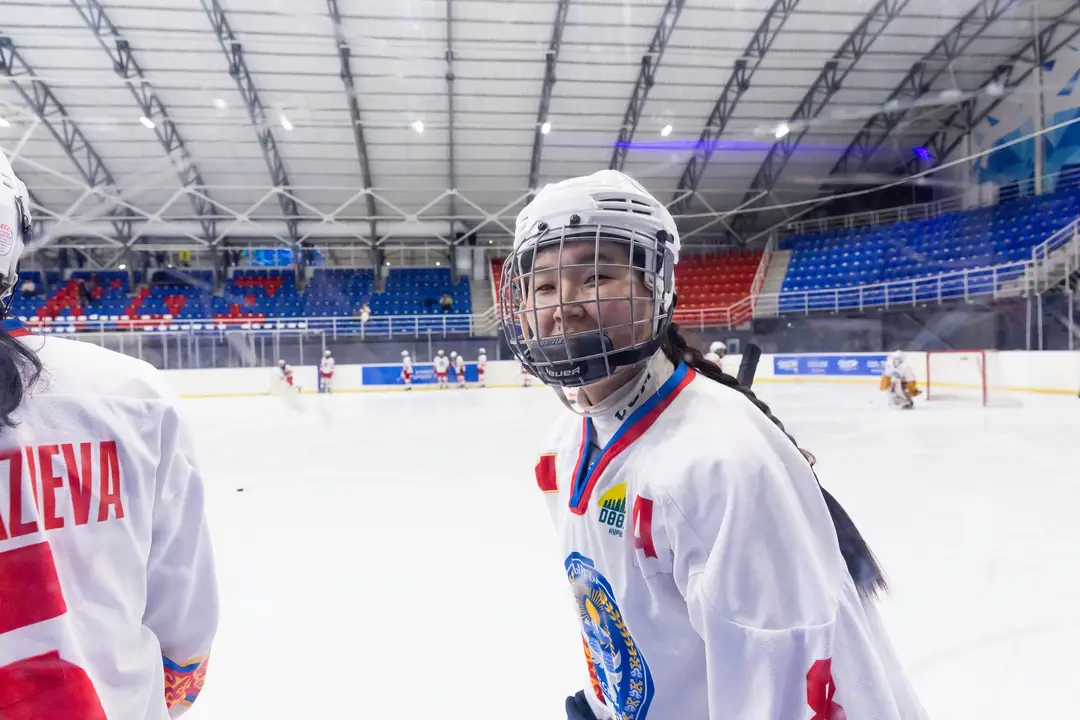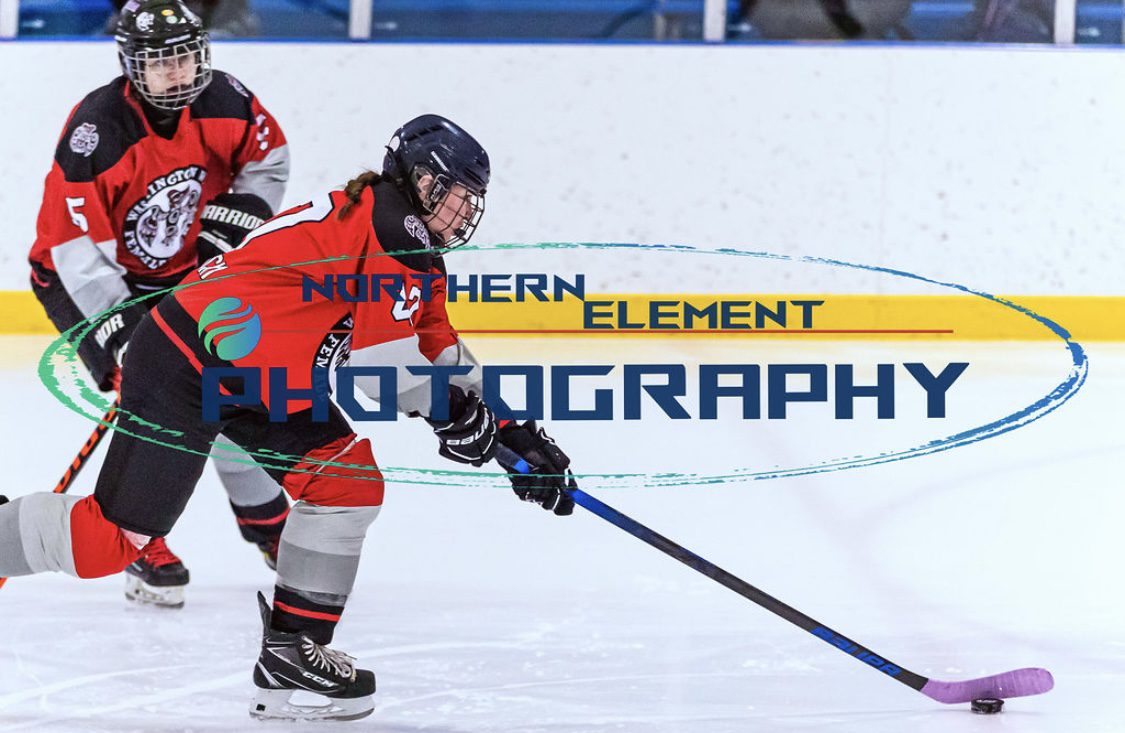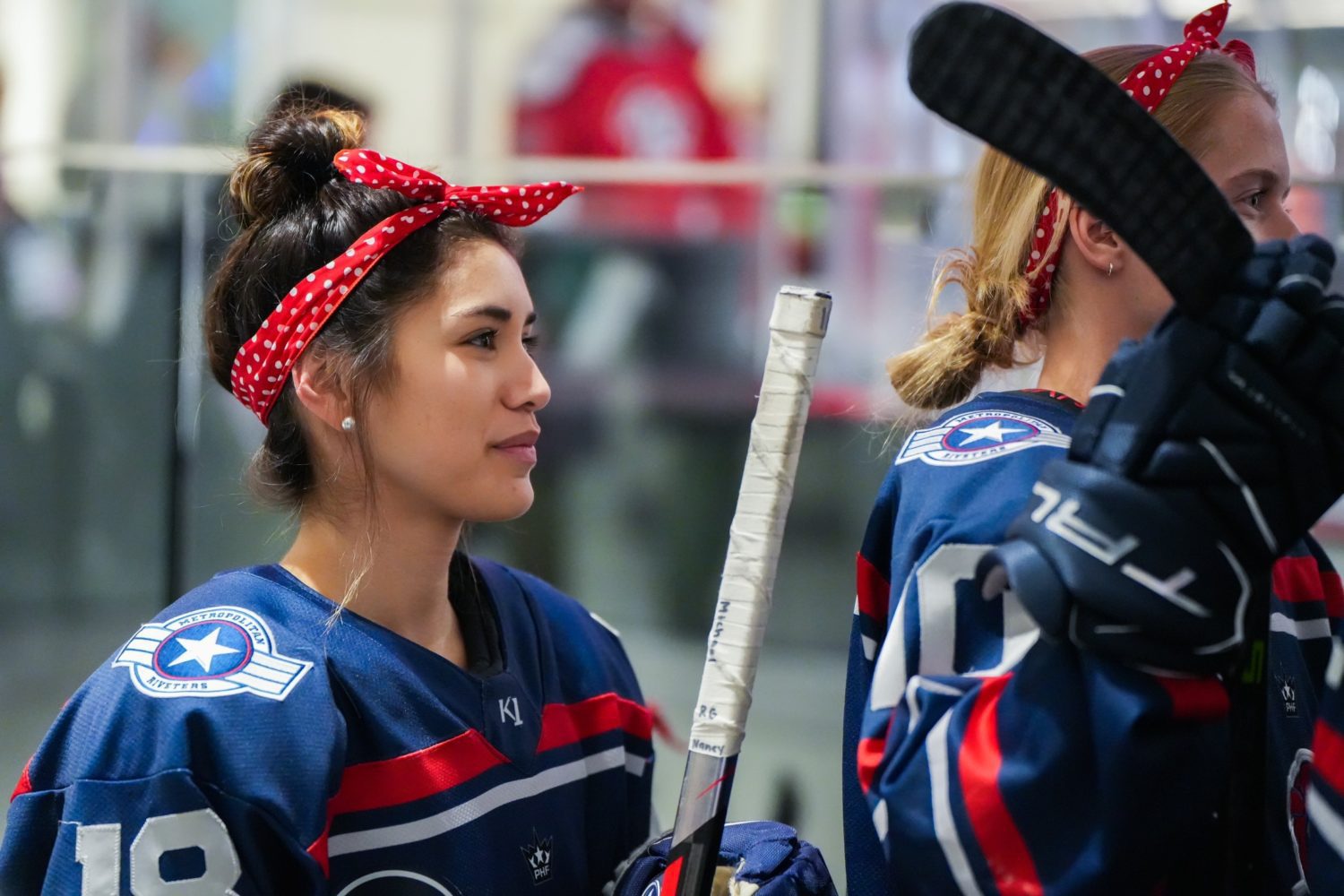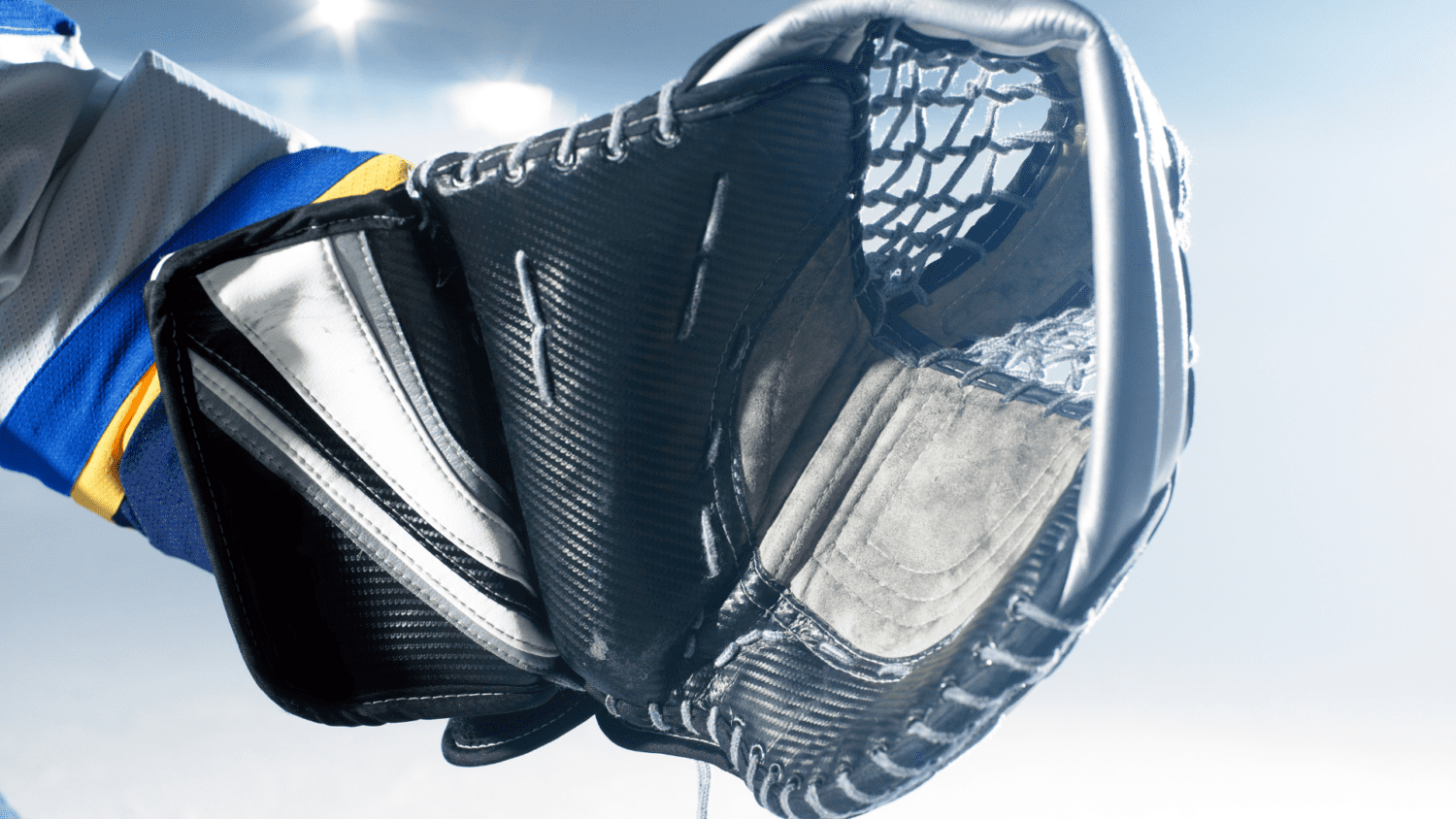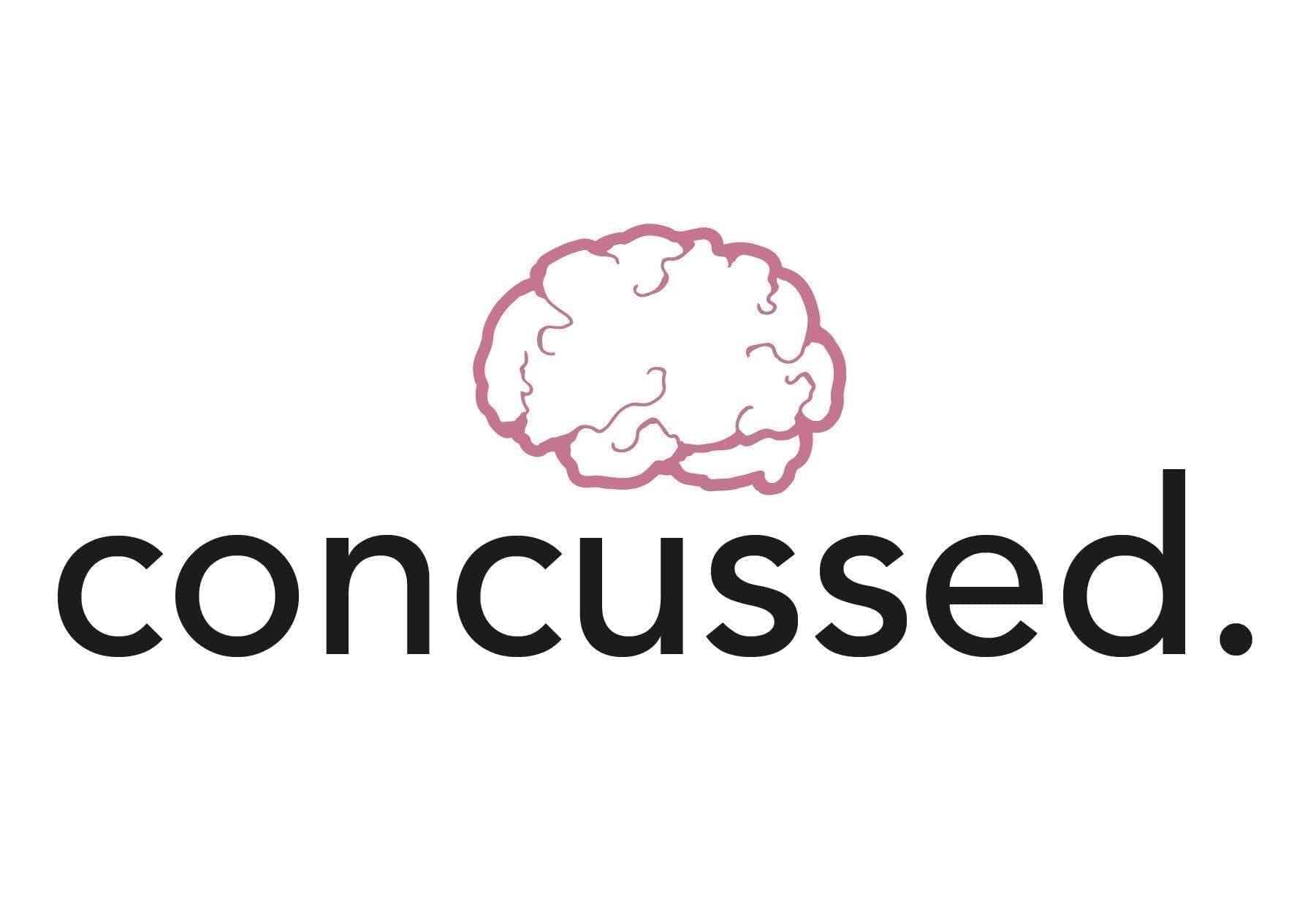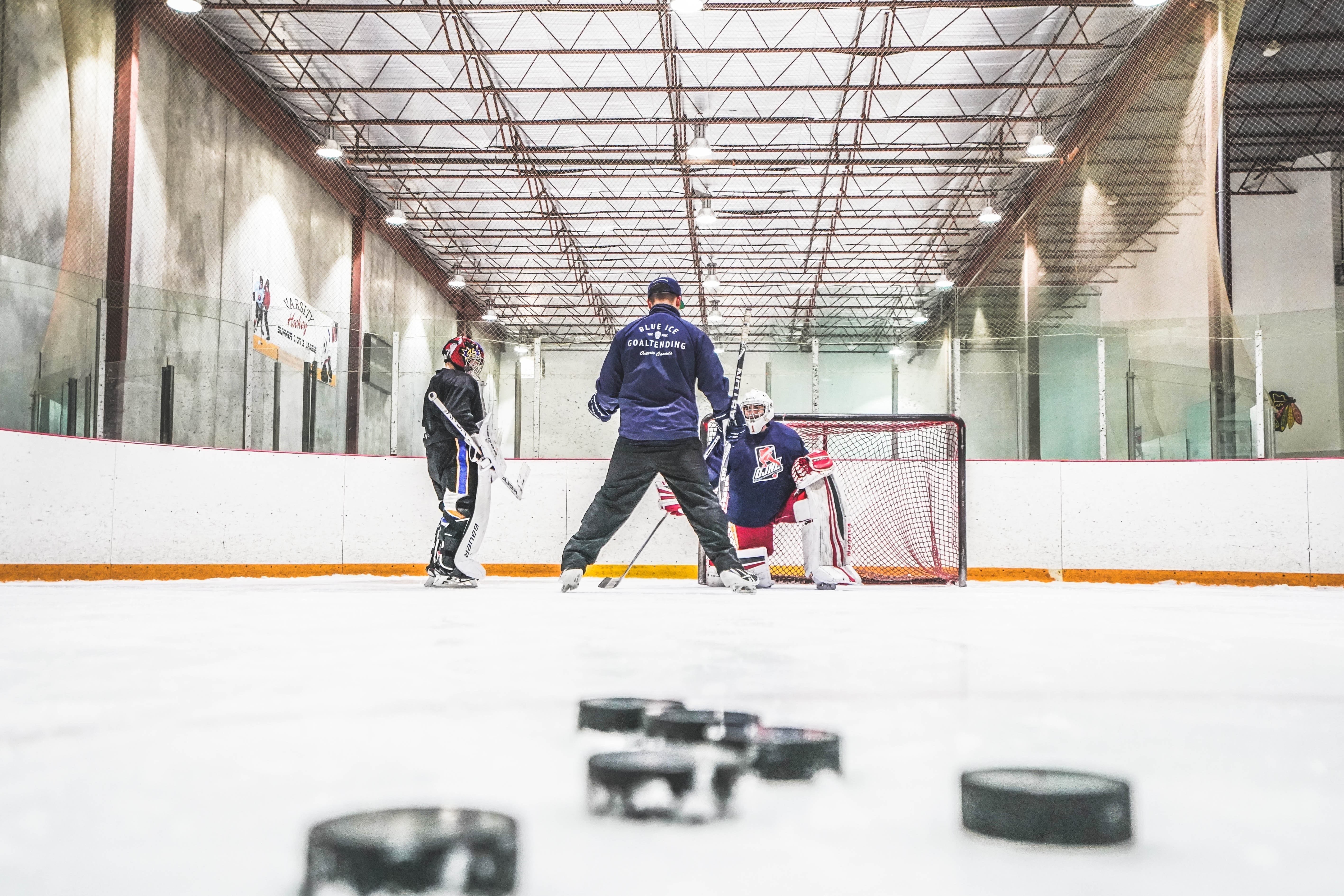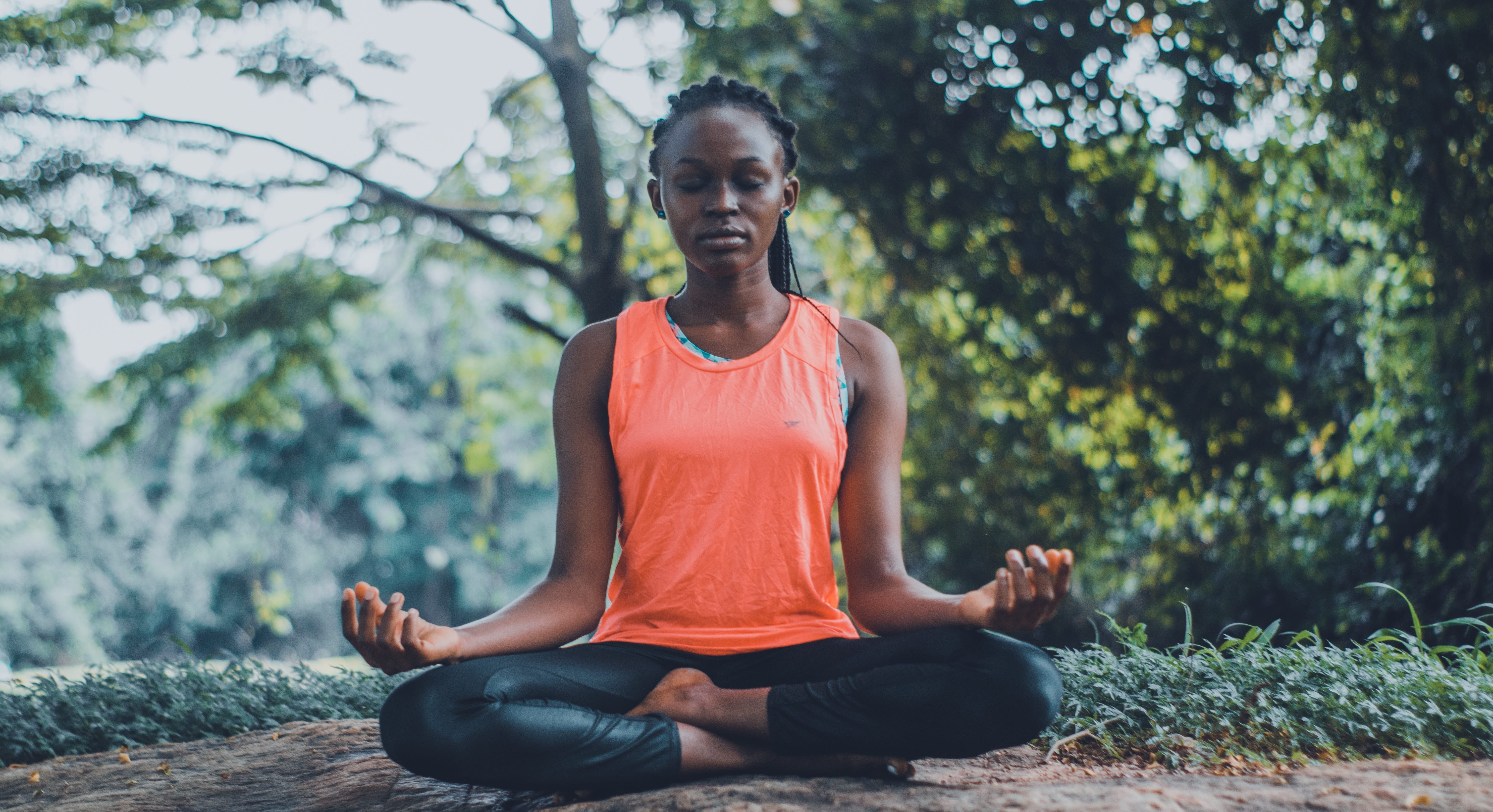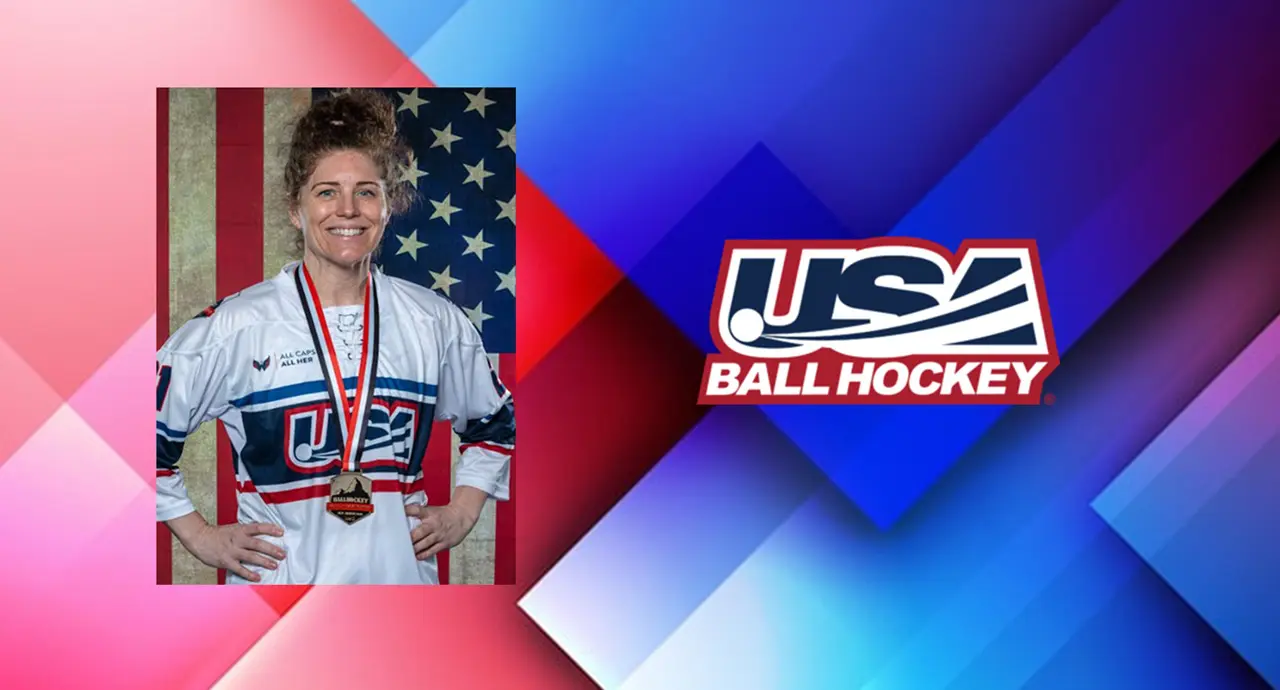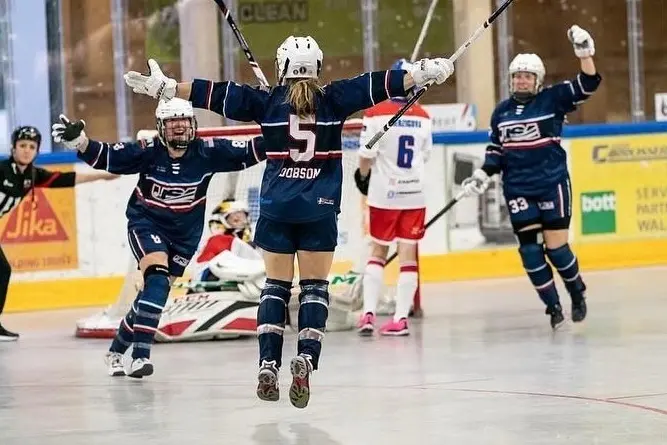Working with a sports counsellor can improve your sports performance and your overall well-being. Our WHL Academy mindset coach and owner of Alive Counselling, Barbara Egan, is sharing 11 reasons why athletes should be working with a sports counsellor to increase their performance on the ice and overall well-being.
1. Mental Toughness
At one point or another, we all will experience some sort of struggle—on and off the ice. Athletes are often told to “get over it” or “play through the pain.” There is a stigma that asking for help can make you seem weak. Yet, seeking help is ALWAYS a sign of strength, not weakness. Obstacles can be opportunities for growth. In fact, a sports counsellor can help improve your overall functioning and performance in your sport and in your life to persevere, develop resilience, and thrive. Increasing resilience and mental toughness is not just for sport; but for life situations.
2. Improve Your Performance
THE GAME IS 90% MENTAL AND 10% PHYSICAL.”
– MARK MESSIER
Just as athletes work with strength & conditioning coaches, skills coaches, position-specific coaches (i.e. goalie coaches), or even skating coaches, working with a sports counsellor on your mental game can help improve performance in your sport and other areas of life.
3. Performance Anxiety and Pre-Game Nerves
Performance anxiety can make you freeze before a game or tryout. Your sport is no longer fun. Athletes have a lot to juggle of competing demands on their time, energy, focus, schoolwork, recruiting process, physical workouts, social support, and more. Sport should be their outlet, enjoyment, not another source of major stress that causes them to freeze, over-think, or under-perform.
Do pre-game nerves take over? Do you stiffen up? Are you light-headed, nauseous, or find it difficult to breathe? Then of course when we are feeling this way, we cannot think straight. When we cannot calm down enough to think straight, then we likely won’t perform our best.
This is a very common concern for many athletes–from high performance youth to professionals. Not only does anxiety limit your ability to perform, it takes the fun out of playing.
Working with a sports counsellor to create a personalized mental workout to do before practices and games can help combat pre-game nerves by instilling a mental workout routine with practical sports psychology strategies to foster confidence, consistency, and improved performance.
4. Self-Care & Stress Reliever
Athletes have very busy and demanding schedules. You must manage competing, family, friends, school, recruiting, going to the next level, & more. All the while feeling the pressure to perform in all of these areas. Seeing a sports counsellor can help you become & maintain your best self, while also putting things in proper perspective. Exploring your thoughts & feelings with someone trustworthy can be a tremendous stress reliever. Remember, an empty cup cannot pour. Less stress, better focus!
5. Injury & Identity
The majority of athletes will experience the setback of an injury. The good news is that even when you are injured, you can work on your mental game! I know personally how frustrating an injury can be, as I have experienced three major wrist surgeries and two knee surgeries that eventually cut my playing career short. An injury and rehabilitation can be very frustrating. It can feel isolating. It can also be difficult to transition back into playing. Maybe you’re a little more timid returning to play. We can work together to get that mental edge back. I am also happy to work alongside of other healthcare professionals to give you a team approach, such as your doctor, physiotherapist, chiropractor, etc.
All athletes will transition out of their sport eventually. As I say, all athletes –even Wayne Gretzky– end up in beer league. Understanding your identity outside of sport can be very difficult. Working with a sports counsellor can help navigate these difficult, lonely times of injury and identity transitions.
6. Learn Coping Strategies
A sports counsellor can introduce techniques and skills to assist with various sport performance skills & life skills. These include:
- focus
- confidence
- consistency
- communication
- anxiety, depression
- life/school/social balance
- pre-game preparation
- managing nerves and stress
- time management
- developing resilience
We all experience stress and need to learn healthy ways to cope with it. Sometimes, when you don’t know how to deal with stress well (yet), you can turn to unhealthy coping mechanisms such as escaping (Netflix binge, anyone?), unhealthy eating patterns, or even misusing alcohol & drugs. Meeting with a sports counsellor can provide more beneficial coping skills.
When we deal with life stressors in a healthy way, we have more capacity for improving every area of our lives: relationships, studies/work, and our performance in our sport!
These are life skills as well to help you deal with stress long after this season is over.
7. Get Support! Now More than Ever in a Time of Uncertainty, Stability is Important
Often athletes feel that no one understands them, or no one knows what they are going through.
These feelings can lead to frustration, anger, isolation, and depression. A sports counsellor can be a safe, supportive person that validates you. Meetings are non-judgemental and confidential.
8. Improved Relationships, Communication, Leadership & Team-Building
We won’t get along with everyone, all of the time. You may find you are having some difficulties with coaches, teammates, parents, friends or a significant other. An outside perspective can be helpful. We collaborate together and teach practical problem-solving solutions, communication techniques, and leadership skills.
Sports counsellors also work with teams for team building & communication skills for the betterment of each athlete & the overall team.
9. Sleep, Nutrition, & Pain
Stress can manifest physically in tension, pain, or difficulties in sleep. Changes in sleeping or eating and body-aches can be direct reactions to emotional distress. Working with a sports counsellor can help recognize the emotional triggers of the mind-body connection.
10. Lack of Motivation, Loss of Enjoyment, and Other Depression Symptoms
Lack of motivation and decreased enjoyment in your sport can be pitfalls of depressive symptoms. It can feel like you can’t get out. Depression affects how you think, feel, and act. Some symptoms can make you lose interest in the activities you use to like, cause feelings of sadness, result in changes in sleeping & eating, loss of energy, & suicidal thoughts. Talking to a sports counsellor can help you manage these symptoms. Read more about Depression here and how we can work together.
11. Feeling Overwhelmed, Making a Game-Plan, and Overcoming Anxiety
Anxiety and Depression often go hand-in-hand. It can be helpful to work with a sports counsellor to get out of your own head, stop the negative overthinking cycle, and break free to feel and perform your best!
Anxiety is the most prevalent issue I see in my practice. Feelings of worry, stress, and fear can happen to anyone– including athletes. With all of your competing demands, it can feel overwhelming. When we are overwhelmed and don’t know where to start, we often don’t start. Working with a sports counsellor can help you identify and manage your feelings. Read more about Anxiety here and how we can work together.
READY FOR MORE SUPPORT?
Barb works with our WHL Academy members to ensure they’re supported and mentally prepared to be their best on and off the ice. Find out more about how Barb and our WHL Academy team can help you through the college hockey recruiting process HERE.
Find out more about Barb and Alive Counselling HERE.
[adrotate group=”1″]
Related Articles
Categories
Recent Posts
[adrotate group=”2″]

